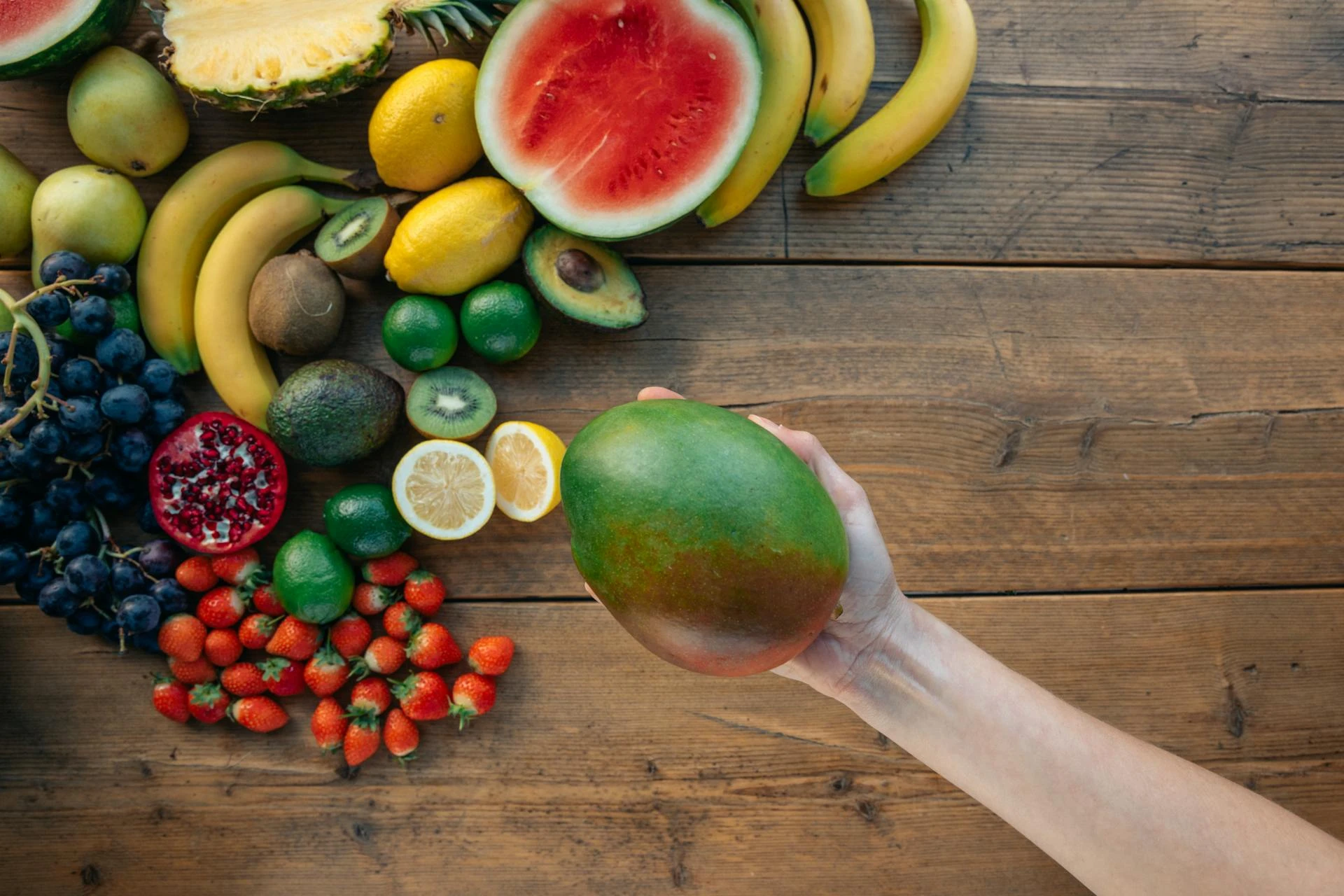Table of Contents
When it comes to managing diabetes, most people focus on controlling carbohydrates, monitoring blood sugar levels, and taking medications. While these factors are critical, there’s another powerful tool that often gets less attention—antioxidants.
Antioxidant-rich foods don’t just help you stay healthy; they can play a significant role in reducing the complications associated with diabetes by fighting oxidative stress, a key contributor to insulin resistance and long-term damage to cells.
In this article, you’ll learn what antioxidants are, how they affect blood sugar and overall health, and how to incorporate them into your daily routine to better manage diabetes or pre-diabetes.
What Are Antioxidants and Why Do They Matter?
Antioxidants are natural compounds found in food that protect your body’s cells from damage caused by molecules known as free radicals. Free radicals are unstable atoms that form as a result of metabolism, pollution, stress, smoking, and poor diet.
When too many free radicals are present, the body enters a state called oxidative stress, which:
- Damages cells and tissues
- Increases inflammation
- Impairs insulin function
- Contributes to complications like heart disease, nerve damage, and vision loss
For people with diabetes, oxidative stress is often higher due to elevated blood glucose levels, making antioxidant protection especially important.
How Antioxidant Foods Help in Diabetes Control
Antioxidant-rich foods help the body:
- Reduce inflammation that worsens insulin resistance
- Support better glucose metabolism
- Protect blood vessels from damage
- Lower the risk of diabetes-related complications
- Boost immune function and overall well-being
Unlike supplements, antioxidant foods deliver fiber, vitamins, minerals, and phytochemicals that work together synergistically to support blood sugar balance and metabolic health.
Top Antioxidant Foods for Diabetics
The best sources of antioxidants are whole, colorful, plant-based foods. The more variety and color on your plate, the better.
1. Berries
Blueberries, strawberries, raspberries, and blackberries are packed with anthocyanins and vitamin C—potent antioxidants known to:
- Improve insulin sensitivity
- Lower inflammation
- Protect against heart disease
Tip: Add a handful to Greek yogurt or oatmeal for a fiber-rich breakfast.
2. Leafy Greens
Spinach, kale, collard greens, and Swiss chard are high in lutein, beta-carotene, and vitamin C. These nutrients protect the eyes and blood vessels.
Bonus: They’re low in carbs and high in fiber.
3. Nuts and Seeds
Almonds, walnuts, flaxseeds, and chia seeds provide vitamin E, omega-3 fatty acids, and polyphenols—compounds that reduce oxidative stress and inflammation.
They also help slow digestion and reduce post-meal blood sugar spikes.
4. Citrus Fruits
Oranges, lemons, grapefruits, and limes offer vitamin C and flavonoids like hesperidin, which may improve insulin sensitivity.
Stick to whole fruits (not juice) and watch portion sizes to avoid sugar overload.
5. Turmeric
This bright yellow spice contains curcumin, a powerful anti-inflammatory compound shown to improve glucose control and reduce oxidative damage in cells.
Tip: Add it to soups, rice dishes, or smoothies with a pinch of black pepper to enhance absorption.
6. Tomatoes
Rich in lycopene, tomatoes help protect the heart and blood vessels—areas commonly affected in diabetes.
Cooking tomatoes in olive oil enhances nutrient absorption and adds heart-healthy fat.
7. Dark Chocolate (in moderation)
Dark chocolate (70% cacao or higher) contains flavonoids that may improve insulin sensitivity, reduce blood pressure, and combat oxidative stress.
Limit to a small square or two a few times per week.
8. Green Tea
A great low-calorie beverage loaded with catechins, green tea can help regulate glucose levels and support fat metabolism.
Drink it unsweetened to avoid blood sugar spikes.
9. Beans and Legumes
Lentils, black beans, and chickpeas are high in polyphenols, fiber, and protein. These nutrients slow carbohydrate absorption and help stabilize blood sugar.
They also promote gut health, which plays a role in inflammation regulation.
How to Incorporate More Antioxidants Into Your Diet
Adding antioxidant foods to your day doesn’t have to be complicated. Here are a few practical tips:
- Start with breakfast: Add berries to oatmeal, sprinkle flaxseeds on yogurt, or drink green tea.
- Color your plate: Include at least two colors of vegetables with lunch and dinner.
- Snack smart: Choose a handful of nuts or an apple with almond butter.
- Swap your starch: Try quinoa or lentils instead of white rice or pasta.
- Spice it up: Use herbs and spices like turmeric, cinnamon, oregano, and garlic to flavor your meals and boost antioxidants.
- Go green: Add a handful of spinach or kale to smoothies, eggs, or soups.
- Drink wisely: Replace sugary drinks with green tea or water infused with lemon or berries.
Small changes, consistently applied, can make a major difference.
Should You Take Antioxidant Supplements?
While antioxidant supplements are widely available, most research supports getting antioxidants through food rather than pills.
Supplements may:
- Provide unbalanced doses
- Interact with medications
- Lack the synergistic benefits of whole foods
- Be ineffective or even harmful in large amounts
Always consult your healthcare provider before taking any supplements, especially if you take medication for blood sugar or blood pressure.
Scientific References
- Ceriello, A., & Motz, E. (2004). Is oxidative stress the pathogenic mechanism underlying insulin resistance, diabetes, and cardiovascular disease? The common soil hypothesis revisited. Arteriosclerosis, Thrombosis, and Vascular Biology, 24(5), 816–823.
- Liu, R. H. (2004). Potential synergy of phytochemicals in cancer prevention: mechanism of action. The Journal of Nutrition, 134(12), 3479S–3485S.
- American Diabetes Association. (2023). Antioxidants and Diabetes. https://www.diabetes.org/healthy-living/medication-treatments/supplements-and-vitamins/antioxidants

Leave a Reply